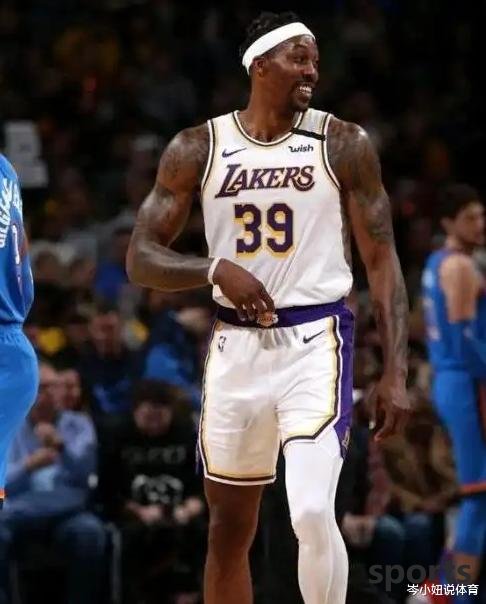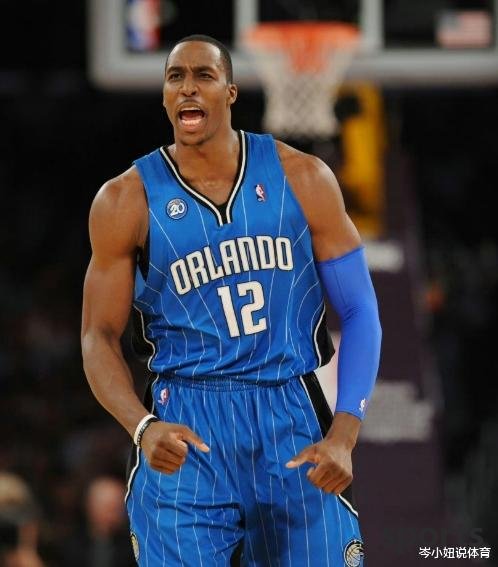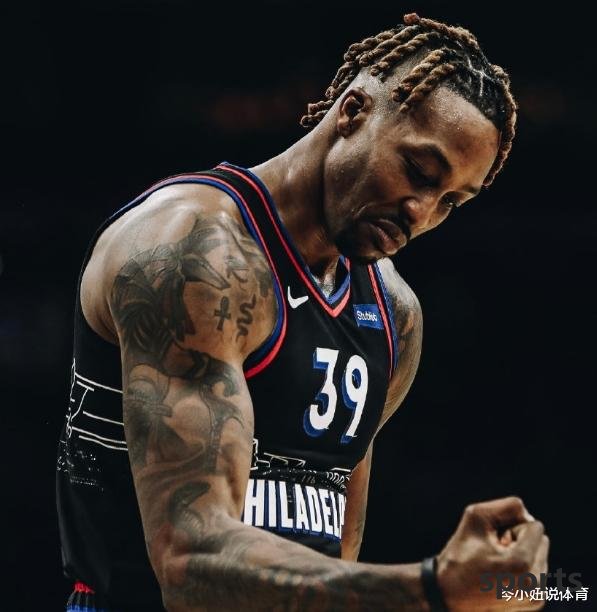The Magic team has produced many superstars in their history, but no player has won MVP in his history
On June 14, since joining the NBA in 1989, the Orlando Magic have trained many epoch-making superstars, but have always missed the top personal honor of regular season MVP. Behind this phenomenon, it reflects the inherent disadvantages of small market teams in the battle for superstars, and the repeated mistakes of management in the strategies of renewing the star contract and building the team. From Shaquille O'Neal to Dwight Howard, and now Paul Bancello, the Magic seem to be trapped in a "superstar incubator" spell - they are good at discovering geniuses, but they are difficult to retain them. **90s: O'Neal's departure and the first pain** At the 1992 draft, the Magic used the No. 1 pick to choose Super Center Shaquille O'Neal who changed the league structure. The 2.16-meter-high monster averaged 23.4 points and 13.9 rebounds per game in the rookie season, quickly becoming the most dominant inside player in the league. In the 1994-95 season, O'Neal, averaging 29.3 points and 11.4 rebounds in the third grade, led the Magic to a team's best record of 57 wins and 25 losses, and reached the finals all the way. Although he was eventually swept by the Rockets, O'Neal ranked second in the MVP selection, second only to David Robinson - this is the closest Magic player to the MVP. However, in the summer of 1996, the Lakers poached O'Neal with a sky-high contract of 121 million in 7 years, and the Magic Management lost the cornerstone of the team building because they were unwilling to match the offer. Then-General Manager John Gabriel later admitted: "We underestimated the attractiveness of Los Angeles and overestimated Orlando's competitiveness." ** Millennium Turbulence: McGrady's Peak and Injury Curse** After O'Neal left the team, the Magic got "penny" Hardaway through a trade, but the latter quickly fell due to a knee injury. Until 2000, they signed Tracy McGrady of the Raptors with a seven-year, 93 million contract. In the 2002-03 season, McGrady averaged 32.1 points, 6.5 rebounds and 5.5 assists per game, winning the scoring champion and being selected for the first team, ranking fourth in the MVP selection. But Magic stopped in the first round for three consecutive years, and the management has never been able to equip him with qualified helpers. In 2004, McGrady asked for a deal and said bluntly: "I don't want to carry the team alone anymore, there is no hope for the future here." In the end, he was sent to the Rockets, and Francis and Mobri were unable to lead the team out of the quagmire. **Howard Times: The defensive core MVP regret** No. 2004 draft No. 1 Dwight Howard once gave the Magic new hope. In the 2008-09 season, he averaged 20.6 points, 13.8 rebounds and 2.9 blocks per game, leading the Magic to the finals with 59 wins and 23 losses, ranking fourth in the MVP selection (James was elected with an absolute advantage). From 2009 to 11, Howard was elected DPOY for three consecutive years, but the team's record has never been able to break through the 60-win threshold. When Howard applied for a deal in 2012, Magic fans protested with a sign that "Loyalty does not exist." The then coach Stan Van Gundy later analyzed: "Dwight wants a bigger stage, and we cannot provide business opportunities and championship competitiveness like Los Angeles." **Structural dilemma of management** Throughout the history of the Magic, there are obvious commonalities in the loss of stars: first, the revenue restrictions of small market teams. The 2023 financial report shows that the Magic's annual revenue was only US$280 million, less than 54% of the Lakers (520 million); secondly, the team building strategy swings, O'Neal blindly pursued combat power after leaving the team, and over-stocked shooters during the McGrady period; the most important thing is the lack of long-term planning. Howard era could have built a championship lineup around him, but because of letting go of Tkoglu in 2010 and trading Arenas in 2011, the Great Wall was destroyed. Jeff Weltman, the current president of basketball operations, admitted: "We are learning how to balance short-term achievements with long-term development." **The new generation of dawn: Banchero's challenge** The 2022 No. 1 pick Paul Banchero averaged 20 points and 6.9 rebounds per game in the rookie season, showing the potential to become the core of the new generation. The Magic currently has the youngest lineup in the league (average age of 23.4 years old) and returns to the playoffs in the 2023-24 season. But historical lessons show that talent accumulation alone is far from enough - they need to prove that they can break the fate of "superstar transit station". As Sports Illustrated commented: "Orlando is like the NBA's 'star trial field', but the real test lies in whether it can transform potential into lasting success." From O'Neal to Howard, the Magic are always repeating the cycle of "cultivating superstars-losing superstars-reconstruction". In today's league where stars are inflated, small market teams need to break the curse through precise drafts, salary planning and cultural construction. Perhaps the more pressing question for Magic than MVP is how to convince superstars that Orlando can be the end of their career rather than a springboard. 


- Recent Posts
-
- Pay tribute to the park champi
- Didn t make the playoffs last
- The top 10 parallel players ga
- Crazy! For Durant, the No. 1 p
- How difficult is it to score 5
- 1 for 2 deal is reached! Rocke
- Overnight! 3 for 1 small deal
- Timberwolves Director: Next we
- Very dissatisfied with his rol
- Tatum: I m fully responsible f
- Hot Posts
-
- Lin Zhijie s current situation
- The Celtics are on sale! Zhu H
- Intercepting Boss Hu Cai, let
- Stockton: Malone is one of the
- Yu Jiahao joined La Liga and o
- Amen Thompson was selected for
- Cook: I witnessed James start
- Wuku Warriors are better than
- Change your fate against the w
- The Old Wolf King is in troubl
- Is it expected to enter the Ea
- The 20th major quarters are ou
- The embarrassing 1-1 in the fi
- He made key three-pointers in
- James is expected to form a te
- Doncic sings Redick: He is ver
- Lakers sign contract with the
- Clippers official praise "Welc
- He is clearly the sixth player
- Edwards made 64 free throws in
- search
-
- Links
-
